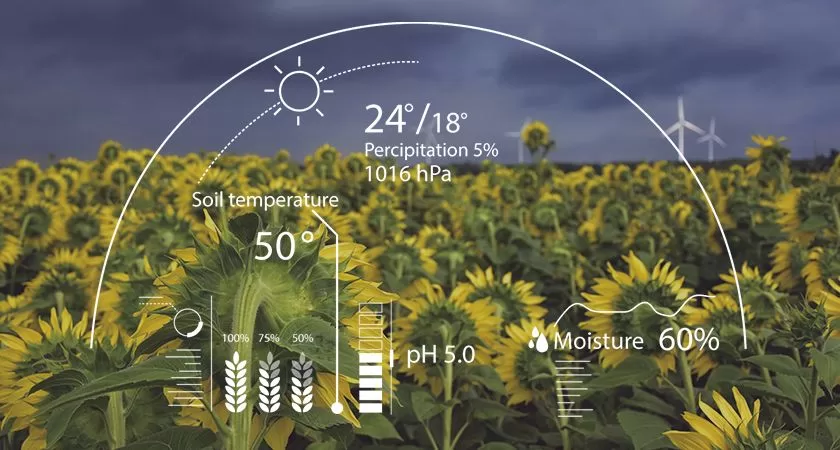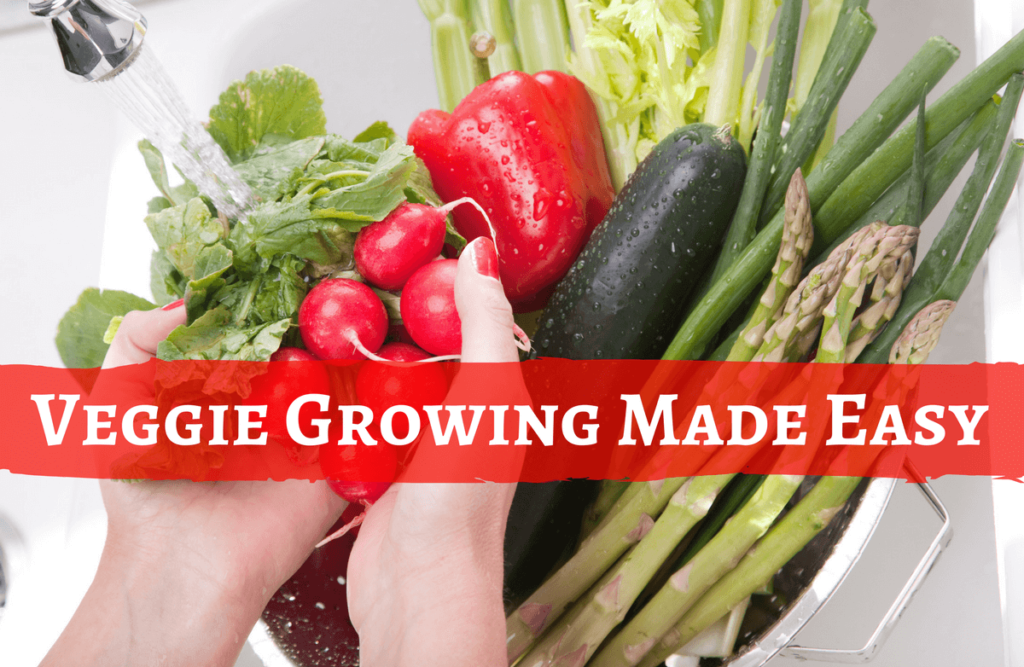Artificial intelligence (AI) has the potential to help increase crop yield by improving the efficiency of farming operations and helping to optimize growing conditions. For example, AI-powered sensors and drones can collect data on soil conditions, weather patterns, and crop growth, and use this information to optimize irrigation, fertilization, and pest control. This can help ensure that crops receive the right amount of water and nutrients at the right time, which can help improve their health and yield.
AI algorithms can also analyze images taken by satellites or drones to identify and diagnose pests, diseases, or stress in crops. This can help farmers take timely action to prevent crop loss and improve crop health.
Overall, AI has the potential to help increase crop yield by providing farmers with actionable insights and enabling them to make more informed decisions about their farming operations.
AI can be used to optimize irrigation in agriculture. Here are a few ways that AI is being used for irrigation:
- Precision irrigation: AI algorithms can analyze data on soil moisture, weather patterns, and crop growth to determine the optimal amount of water for a particular field or crop. This can help farmers save water and reduce the risk of over- or under-irrigation.
- Remote monitoring: AI-powered sensors and drones can be used to collect data on soil moisture and crop health in real-time, and alert farmers when irrigation is needed. This can help farmers save time and labor, and ensure that their crops receive the right amount of water.
- Irrigation scheduling: AI algorithms can analyze data on weather patterns, soil moisture, and crop growth to predict when irrigation will be needed in the future. This can help farmers plan their irrigation schedules more efficiently and save water.
Overall, AI has the potential to make irrigation in agriculture more efficient and sustainable by providing farmers with actionable insights and enabling them to make more informed decisions about their irrigation practices.
Artificial intelligence (AI) has the potential to revolutionize the agriculture industry by improving crop yields, increasing efficiency, and reducing the need for manual labor. Here are a few ways that AI is being used in agriculture:
- Precision farming: AI-powered sensors and drones can collect data on soil conditions, weather patterns, and crop growth, and use this information to optimize irrigation, fertilization, and pest control.
- Crop monitoring: AI algorithms can analyze images taken by satellites or drones to identify and diagnose pests, diseases, or stress in crops.
- Livestock monitoring: AI-powered sensors and cameras can be used to monitor the health and behavior of livestock, and alert farmers to potential problems.
- Supply chain optimization: AI can be used to optimize the distribution of goods, predict demand, and reduce waste in the agriculture supply chain.
Overall, AI has the potential to make agriculture more sustainable and efficient, while also improving the lives of farmers and other industry workers.
Artificial intelligence (AI) has the potential to help farming in a number of ways:
- Precision farming: AI-powered sensors and drones can collect data on soil conditions, weather patterns, and crop growth, and use this information to optimize irrigation, fertilization, and pest control. This can improve crop yields and reduce the use of resources such as water and fertilizer.
- Crop monitoring: AI algorithms can analyze images taken by satellites or drones to identify and diagnose pests, diseases, or stress in crops. This can help farmers take timely action to prevent crop loss and improve crop health.
- Livestock monitoring: AI-powered sensors and cameras can be used to monitor the health and behavior of livestock, and alert farmers to potential problems such as illness or injury. This can help farmers improve the welfare of their animals and increase productivity.
- Supply chain optimization: AI can be used to optimize the distribution of goods, predict demand, and reduce waste in the agriculture supply chain. This can help farmers get the best price for their products and increase the efficiency of the overall agriculture industry.
Overall, AI has the potential to make agriculture more sustainable and efficient, while also improving the lives of farmers and other industry workers.
Artificial intelligence (AI) can be used to improve the efficiency and accuracy of crop harvesting and management. Here are a few examples of how AI is being used in these areas:
- Autonomous harvesting: AI-powered robots or drones can be used to identify and pick ripe crops, or to thin out excess plants in a field. This can reduce the need for manual labor and improve the efficiency of the harvesting process.
- Crop sorting and grading: AI algorithms can analyze images of crops to identify and classify them based on size, shape, and other characteristics. This can help farmers sort and grade their crops more accurately and efficiently.
- Yield prediction: AI algorithms can analyze data on weather patterns, soil conditions, and crop growth to predict crop yields. This can help farmers plan their harvest schedules and optimize their resources.
Overall, AI has the potential to make crop harvesting and management more efficient and accurate, while also reducing the need for manual labor.






